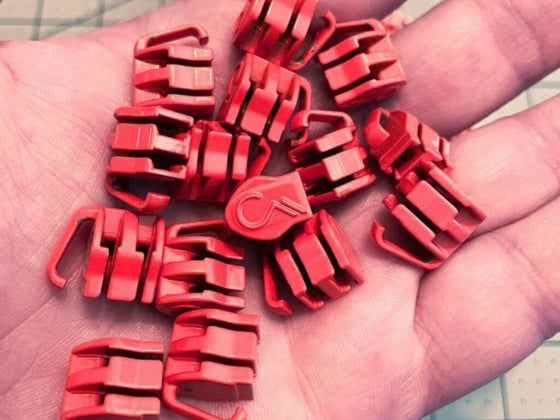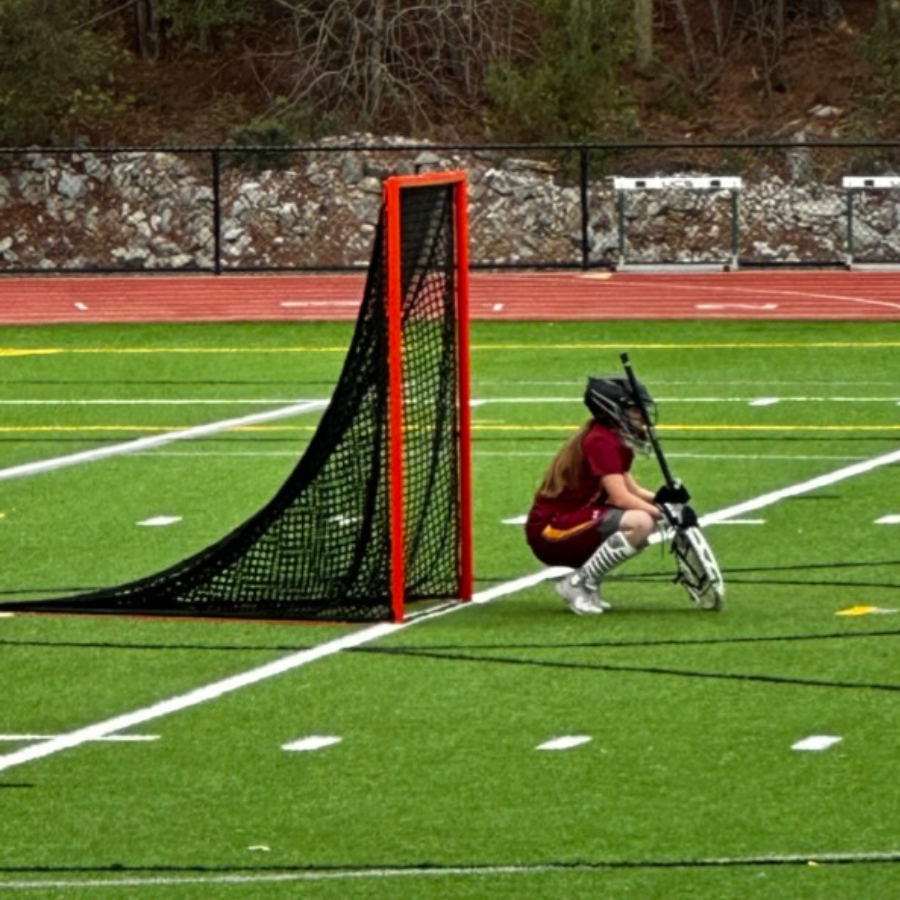Performance anxiety is a common experience for children, whether they’re preparing for a big game, a school play, or an important test. The pressure to perform well can be overwhelming, leading to feelings of nervousness, fear, and self-doubt. As a parent, it’s natural to want to ease your child’s worries and help them succeed. In this article, we’ll explore strategies to help your child manage performance anxiety, build confidence, and approach challenges with a positive mindset.
Understanding Performance Anxiety:
Performance anxiety arises when a child feels intense pressure to perform well in a specific situation, such as a sports competition, recital, or exam. This pressure can trigger physical symptoms like sweating, trembling, or an upset stomach, as well as emotional responses like fear, frustration, or avoidance. It’s important to recognize that performance anxiety is a normal reaction to stress and that it can be managed with the right support and strategies.
Encouraging Open Communication:
The first step in helping your child deal with performance anxiety is encouraging open communication. Let your child know that it’s okay to feel nervous and that they can talk to you about their fears. Ask open-ended questions like, “How are you feeling about the upcoming event?” or “What are you worried about?” Listen without judgment and validate their emotions, reminding them that it’s normal to feel anxious before a big event.
Teaching Relaxation Techniques:
Relaxation techniques can be highly effective in managing anxiety. Teach your child deep breathing exercises, progressive muscle relaxation, or visualization techniques that they can use when they start to feel nervous. For example, guide them through a simple deep breathing exercise: “Breathe in slowly for four counts, hold for four counts, and then exhale slowly for four counts.” Practice these techniques together so that your child feels comfortable using them when anxiety strikes.
Focusing on Preparation, Not Perfection:
Help your child shift their focus from achieving perfection to being well-prepared. Emphasize the importance of practice, effort, and learning from mistakes. Remind your child that no one is perfect and that making mistakes is part of the learning process. By focusing on preparation, your child can build confidence in their abilities and reduce the pressure to perform flawlessly.
Setting Realistic Goals:
Setting realistic, achievable goals can help your child manage expectations and reduce anxiety. Work with your child to set specific, measurable goals that focus on effort and improvement rather than just outcomes. For example, instead of setting a goal to win a competition, set a goal to improve a particular skill or to stay focused throughout the event. Achieving these smaller goals can boost your child’s confidence and make the overall experience less daunting.
Promoting a Positive Mindset:
Encourage your child to adopt a positive mindset by focusing on what they can control and replacing negative thoughts with positive affirmations. Help them develop a mantra they can repeat to themselves when they feel anxious, such as “I’ve practiced hard and I’m ready,” or “I can handle this.” Positive self-talk can counteract the negative thoughts that often accompany performance anxiety and help your child approach challenges with a more optimistic outlook.
Providing Emotional Support:
As a parent, your emotional support is crucial in helping your child manage anxiety. Offer reassurance, encouragement, and unconditional love, regardless of the outcome. Let your child know that you’re proud of them for trying their best and remind them that their worth is not defined by their performance. Your support can help your child feel more secure and less alone in dealing with their anxiety
Modeling Healthy Coping Strategies:
Children often learn how to handle stress by observing their parents. Model healthy coping strategies in your own life, such as staying calm under pressure, practicing self-care, and maintaining a balanced perspective. Share your experiences with overcoming anxiety and discuss how you manage stress in challenging situations. By demonstrating that anxiety is something that can be managed, you help your child develop their own coping skills.
When to Get Help in Helping Them
As your child progresses in their sport, the pressure gets higher and it's never to early to talk to a professional that's trained to help your child navigate those challenges. If you are investing in a coach to help your physically train your child, it only makes sense that you should get them help in thinking and processing their emotions. This is much bigger than the game, it's about prioritizing your childs mental health and equipping them with the tools not just to succeed on the field, but in life. To find help for you child, here's a good place to start: https://www.psychologytoday.com/us.
Helping your child deal with performance anxiety is about providing the tools and support they need to face challenges with confidence. By encouraging open communication, teaching relaxation techniques, and promoting a positive mindset, you can help your child navigate anxiety and turn it into a source of strength. Remember, the goal is not to eliminate anxiety altogether, but to empower your child to manage it effectively and approach their performances with courage and resilience.



















